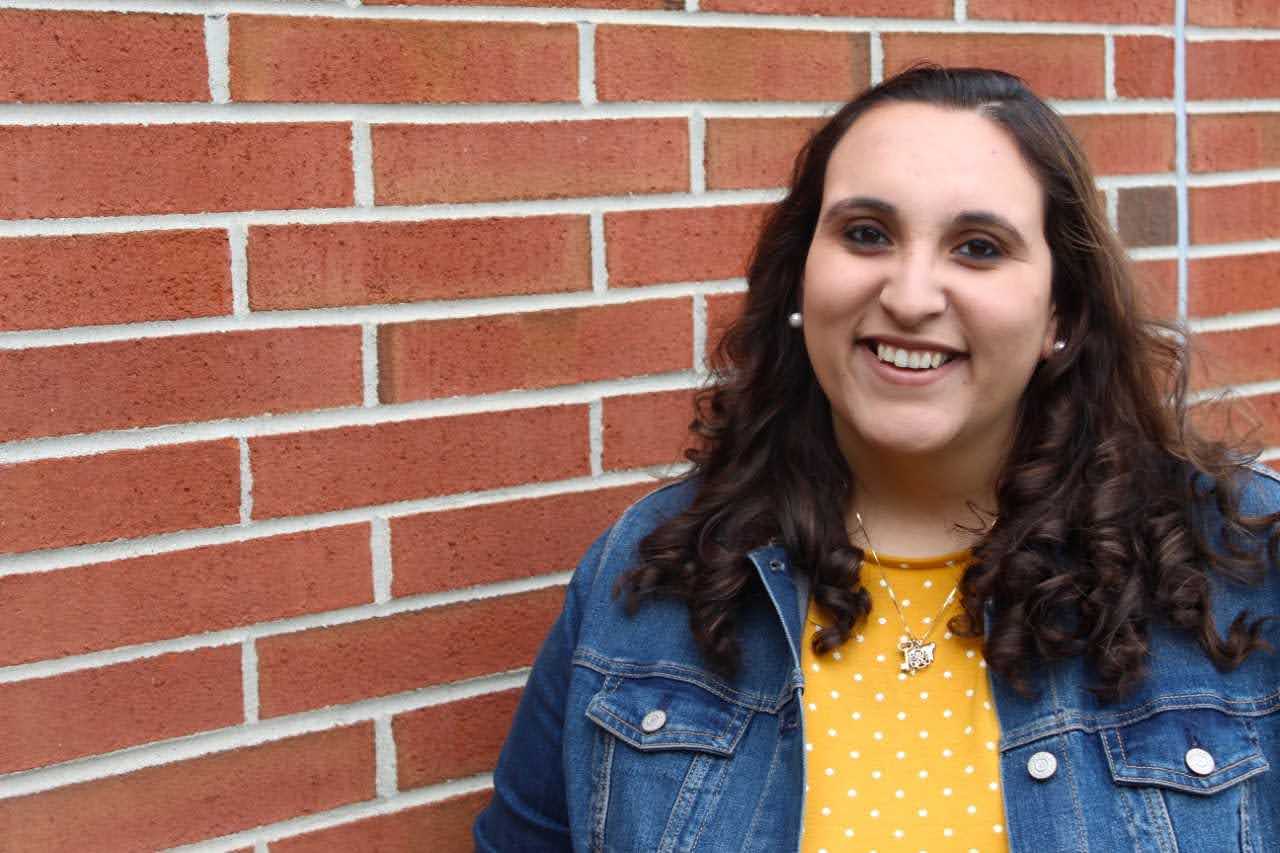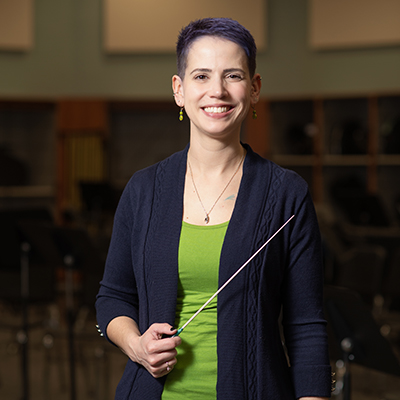Aspiring Educators Build ‘Empowering’ Movement

A group of aspiring educators from Michigan State University hopes strength in numbers will help to amplify their message of concern about the equity, accessibility, and sustainability of MSU’s fifth-year internship program for gaining teacher certification.
The members of MEA’s aspiring educator wing—Aspiring Educators of Michigan (AEM)—have organized a movement, Empowering Spartan Educators, to press for action from university leaders on an issue long discussed as a barrier into the profession for less advantaged students.
“It’s not about changing this program for me or for one of us,” said Olivia Gundrum, an MSU senior and one of the organizers of a petition drive around the issue. “We’ve got to make this better for everyone else or we’re going to keep losing teachers.”

Gundrum must decide whether to add more student debt to an already heavy load to complete the fifth-year internship or find another way to become certified as a secondary English teacher. She began the campaign with Julia Alvarez, a fifth-year intern this year in Chicago Public Schools.
Alvarez said the past year has been especially stressful, dealing with a pandemic, a divisive national election, and nationwide protests for racial justice while navigating full-time student teaching, graduate-level coursework, and the stress of trying to pay for rent, food, and transportation—all while being unable to work a job for pay.
Rising costs and stress levels from the program drive future educators away, the group said.

“We can say up and down all we want, ‘Black Lives Matter,’ and this and that,” Alvarez said. “But it’s not enough to say it if we’re not doing it. The words mean nothing if the time for action comes and we do nothing.”
The two friends first issued a survey to some current students in the College of Education. When they quickly received 150 responses echoing their concerns, the pair developed a petition calling on MSU to find solutions. They tapped networks to garner more than 600 signatures.
Children benefit academically by having teachers from diverse backgrounds, said AEM President Brittany Perreault, a senior at MSU who is also deciding whether to complete a fifth-year internship to become a special education teacher.
“Failure to recruit and support MSU students of color to the program fails to live up to the MSU Trustees’ own statement of diversity and inclusion which states, ‘Our commitment to inclusion means we embrace access to success for all,’” Perreault said in testimony March 4 at the General Assembly of Associated Students of MSU (ASMSU), the university’s student government.
MSU is not alone in having a fifth-year certification program, but the university considered to be the number-one education program in the nation could influence change at other institutions by taking the lead to make teacher certification more accessible, the aspiring educators said.
A bill in support of the group’s petition—introduced by AEM member Aaron Iturralde, a senior who represents education students on the student government—recently passed the ASMSU General Assembly following testimony from a number of aspiring educators.
Problems with Fifth-Year Internships
Earlier this month, the Associated Students of MSU (ASMSU) General Assembly passed a bill in support of aspiring educators’ petition calling for the university to address barriers to entry into the teaching profession. AEM members presented a petition outlining concerns about the university’s fifth-year internship and certification program:
- The unpaid fifth-year internship creates a financial hardship on low-income students, including many students of color. The cost to complete the program exceeds the annual salary of many first-year teachers.
- The program requires students to take additional classes that do not count toward their master’s degree, while their graduate student status precludes them from financial aid and grants.
- The difficulty and time commitment of the fifth-year internship makes working a paying job nearly impossible, and the program discourages students from seeking outside employment, while offering no compensation or tuition relief.


